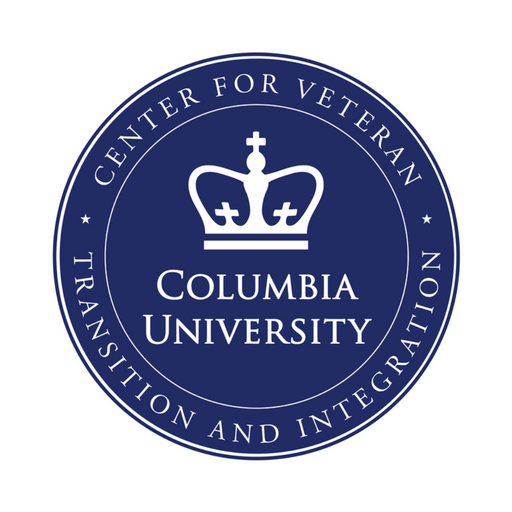CONFERENCE ON ACADEMIC LOBBYING
DECEMBER 5-6, 2019
THE BUSINESS, LAW, AND POLICY SCHOOLS
COLUMBIA UNIVERSITY
NEW YORK, NY
The fourth annual Theory of the Firm conference is dedicated to the topic of “Academic Lobbying” and is co-sponsored by Columbia Business School, the Center on Global Economic Governance at the Columbia School of International and Public Affairs, and the Millstein Center for Global Markets and Corporate Ownership at Columbia Law School.
Call for Papers
We are soliciting multidisciplinary research, but also have opened a call for papers to gather the best existing research.
Paper Submission Procedure: Please submit your paper HERE.
Deadline: Please submit papers for consideration by uploading no later than September 16, 2019.
Acceptance notices will be sent by October 9, 2019.
The conference will be by invitation only and places are limited. Researchers interested in receiving an invitation, please submit your CV and invitation request HERE, by November 1, 2019.
Conference Location: Columbia University campus in New York.
About the Conference Series
Three previous conferences1 and a sequence of papers2 discussed the notion that there is a “crisis” in the neoclassical theory of the firm. Neoclassical theory argues that requiring managers to maximize shareholders’ value is good for society at large. State courts (including Delaware and NY) have largely accepted this principle, though allowing the business judgment rule to give corporate fiduciaries room in deciding how to maximize shareholder value, but not whether to do so. While criticized by many legal scholars (see for example Lynn Stout), this view has come to dominate boardrooms in the last decades.
The shareholder view, however, assumes that firms operate within given rules. Once we introduce the possibility that firms might lobby to change the rules of the game to their own advantage, the neoclassical theory leads to a paradox: managers are functionally obligated to subvert competition to the firm’s advantage, even when doing so is detrimental to society at large.
To be sure, there may be circumstances when political activity by firms is not welfare reducing, especially if political institutions are weak. Under less favorable conditions, however, such political activity can plausibly be expected to reduce social welfare by distorting the very institutions underlying free markets. Since the primary justification of the pursuit of shareholder value is the belief that it maximizes social welfare conditional on free markets, this rationale becomes self-contradictory when firms use it to justify using political activity that distorts the market.
This Conference
This “political” view of the firm raises an important challenge: how to quantify the magnitude of the distortions produced by lobbying and firms’ political activity in general. In the grand scheme of things, the money firms spend in registered lobbying or political donations is trivial. So are corporate donations finalized to political goals (Bertrand et al. (2018)). Thus, if we think that lobbying has first order costs, we need to explore alternative avenues. For this reason, we propose that this year the conference turn its attention to an oft-forgotten dimension of corporate political activity: academic lobbying. If lobbying is the use of money by firms or individuals to influence political/regulatory outcomes, to what extent can corporate and individual donations to fund research be seen as a form of lobbying? To what extent do they help underwrite an unbiased information production process, versus one skewed to the advantage of funders?
Academics partake in lobbying in two ways: as recipients and as actors.
Academics are recipients of corporate funding to do research. Much (but not all) of this money is channeled through institutions that try to maintain a separation between sponsors and content providers, similar to the one that exist in the newsrooms. In spite of these Chinese walls, research has shown that newspapers are affected in their reporting by advertisers. Does the same contamination exist in research? How large is it? How does it differ across academic fields? What are its welfare costs?
Scholars can also become active lobbyists, as a result of their academic aspirations, political ambitions, or commercial interests. Think tanks affiliate with academics to promote their ideas and in so doing they also promote the visibility of the faculty they hire, fostering their academic and political ambitions. Academic success can also lead to lucrative employment as consultant, expert witnesses, or advocate of a product or service. While these aspirations are both legal and legitimate, they can be exploited by firms to further their interest. More importantly, this process can compromise the integrity of research. Once again, how large is this contamination? How does it differ across academic fields? What are its welfare costs?
The conference is co-sponsored by Columbia Business School, the Center on Global Economic Governance at the Columbia School of International and Public Affairs, and the Millstein Center for Global Markets and Corporate Ownership at Columbia Law School.
For more information click "LINK TO ORIGINAL" below.
This opportunity has expired. It was originally published here:
https://research.chicagobooth.edu/stigler/events/single-events/academic-lobbying
